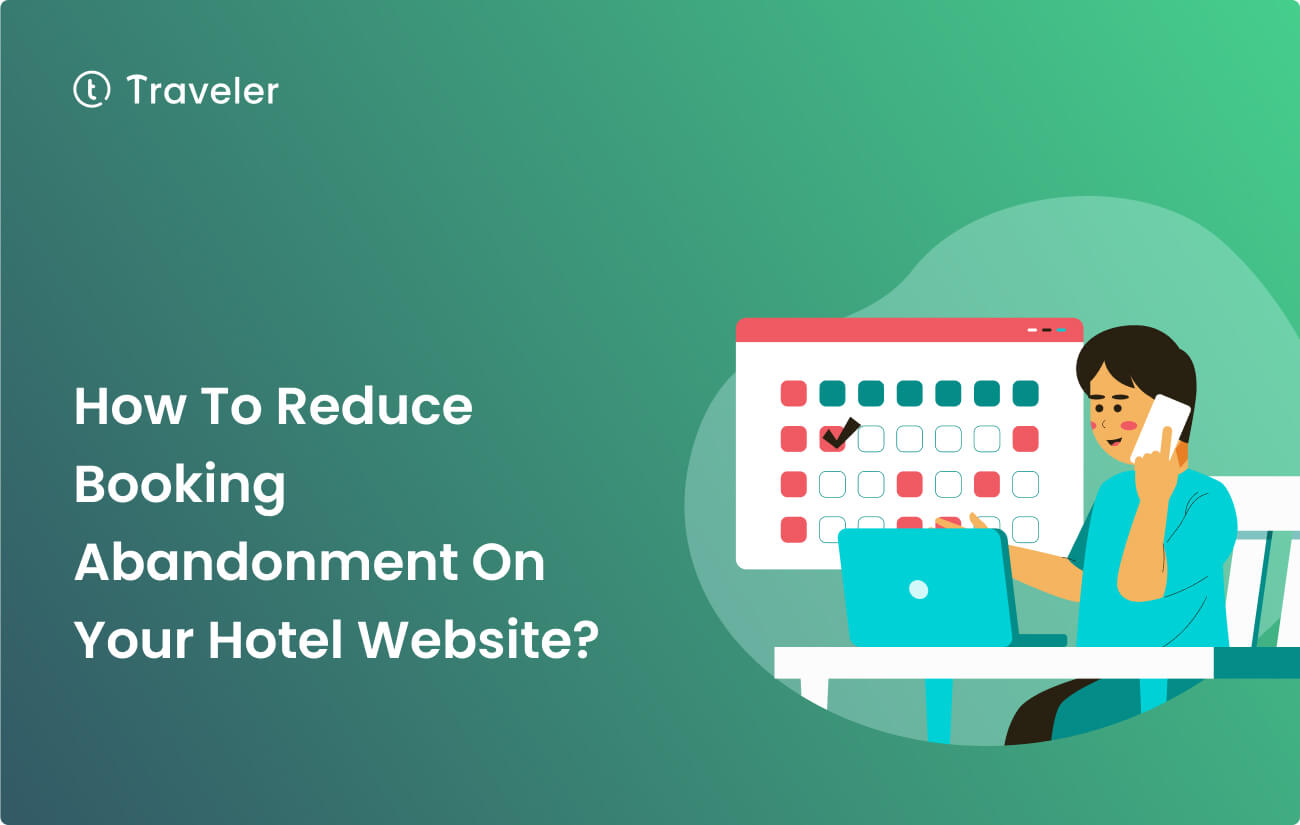
Table of Contents
Did you know that the travel industry has an average booking abandonment rate of 81.6% stated by SaleCycle? It means that out of every 100 people who started the booking process, only 18.4 were completed, resulting in a $1.78 trillion financial loss. When we examine the data more closely, it becomes evident that 78% of hotel and lodging bookings and 86% of OTA bookings are not completed and are ultimately abandoned.
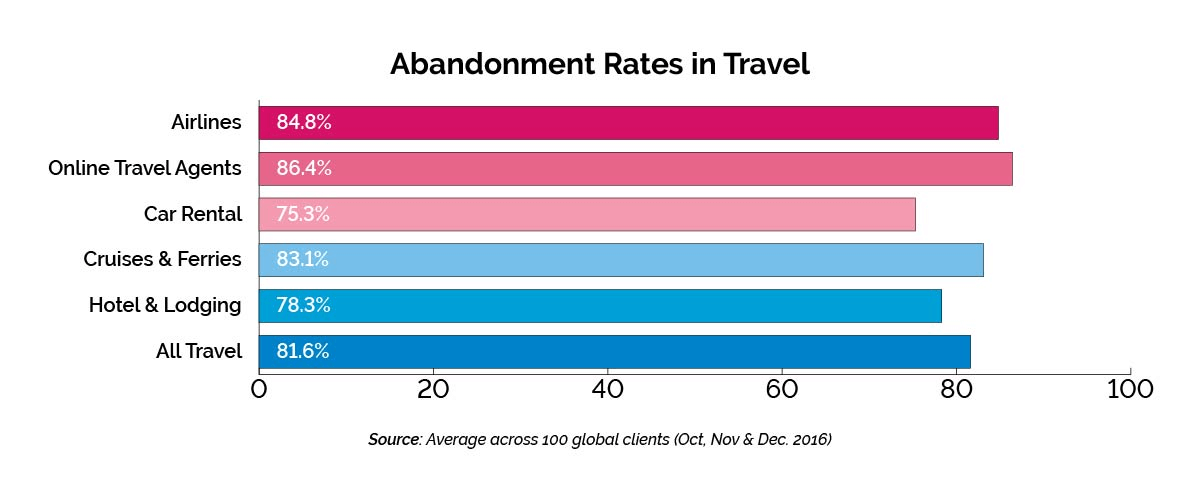
How to reduce booking abandonment on your hotel website? This article will provide detailed reasons why customers abandon online booking, suggest some practical strategies, and offer helpful tips to avoid the problem of booking abandonment!
What Does Hotel Booking Abandonment Mean?
Hotel booking abandonment occurs when a potential guest initiates the booking process on a hotel’s website but fails to complete the reservation and leaves the website. It can pose a significant challenge for hotels, resulting in lost sales and revenue.

Example: A guest browses a hotel’s website and selects a room that meets their needs before booking. At this point, the guest is asked to enter their details, such as their name, contact information, and payment information.
However, for some reason, they decide to stop completing the booking and leave the website after finalizing their reservation.
It is an example of hotel booking abandonment that leads to lost revenue for the hotel, as the room the guest was interested in remains unbooked.
Why Do People Abandon Online Hotel Bookings?
Having a clear understanding of the main reasons why people abandon online hotel booking will assist you in coming up with some solutions to reduce this problem!
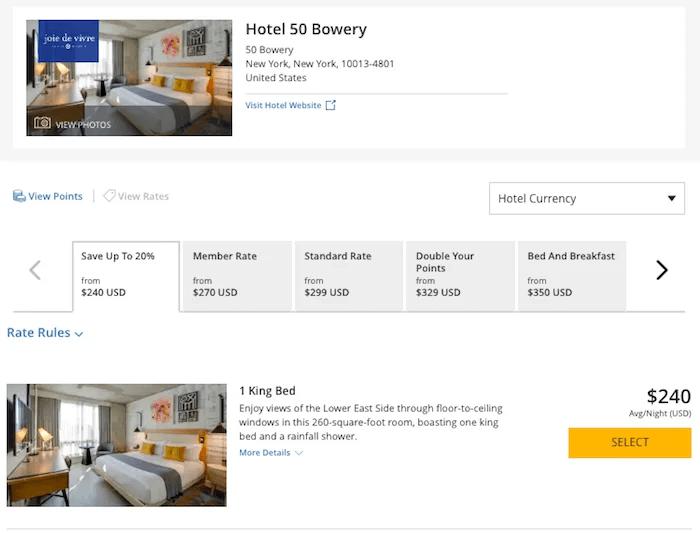
Price-related concerns
Price is the most priority thing to consider when booking a hotel carefully. About price-related concerns, here are two common reasons:
- High room rates compared to competitors: They often compare prices from different websites when looking for a hotel. They may abandon booking on your website if they find a better deal elsewhere.
- Unexpected additional fees or charges during the booking process: It’s common for people to face unexpected fees or charges while booking a hotel, such as resort fees, parking fees, or cancellation fees, which they may have yet to be aware of beforehand.
Lack of trust and credibility
100% of people may cancel their hotel bookings due to concerns about inaccurate information and photos the hotel provides. They want to be sure that the hotel they’re booking matches their expectations, which means seeing accurate images of the rooms, amenities, and surrounding area. People may only book the hotel if the information or photos are accurate.

Additionally, they want to ensure that their personal and payment information remains secure. Once they have doubts about the security of the hotel’s website or booking process, they may decide to look for other options.
User experience issues

- Complex and lengthy booking process: It becomes too complicated or takes too long, leading people to give up on it. It may happen because they have to provide excessive information, complete too many steps, or wait for the website to load.
- Technical glitches or errors on the website: This could be caused by various factors, such as broken links or server errors.
Common Hotel Booking Problems and How to Solve Them?
After having all the critical reasons for canceling the reservation, the next step is solving these common hotel booking problems effectively.
Price transparency and competitiveness
As mentioned, if a hotel’s rates are not competitive or customers are surprised by additional fees or charges during the booking process, they may search for other options. To address these concerns, hotels can implement several strategies.
Display competitive rates and special offers prominently: It helps customers compare prices and find the best possible deal. Special offers are promotional schemes that hotels use to attract customers and increase bookings. Some of these offers include discounts on room rates, free upgrades, complimentary meals or drinks, and other perks.
Instance, Hotels.com offers deals and discounts for hotel reservations, ranging from luxury hotels to budget accommodations. Additionally, Hotwire provides last-minute hotel deals that can save customers up to 60% on their bookings.

Provide clear information about additional fees or charges upfront: One practical approach to prevent customers from encountering unwelcome expenses during the booking process is to give them transparent details about any additional charges or fees.
Such charges may encompass resort fees, early check-in fees, additional person fees, Wi-Fi fees, mini-bar and snack fees, parking fees, gym fees, and housekeeping gratuities.
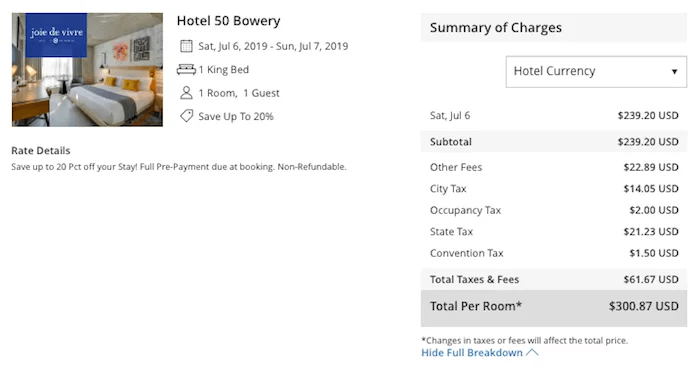
Building trust and credibility
Showcase high-quality, accurate photos and detailed descriptions: Use high-resolution photos that accurately depict the rooms & amenities and provide detailed descriptions to help potential guests better understand what to expect when they stay at your hotel.
Plus, you also need to highlight the unique features of your hotel. What makes your hotel different from other hotels in the area? What are the amenities that you offer that other hotels don’t?

Include guest reviews and testimonials on the website to establish trust: Another strategy is to include guest reviews and testimonials on the hotel’s website. It helps establish trust with potential customers by showing them that others have had positive experiences at the hotel.
From the hotel’s perspective, you should respond to the reviews promptly and professionally. This will show guests that you are interested in their feedback and always committed to providing a great experience.
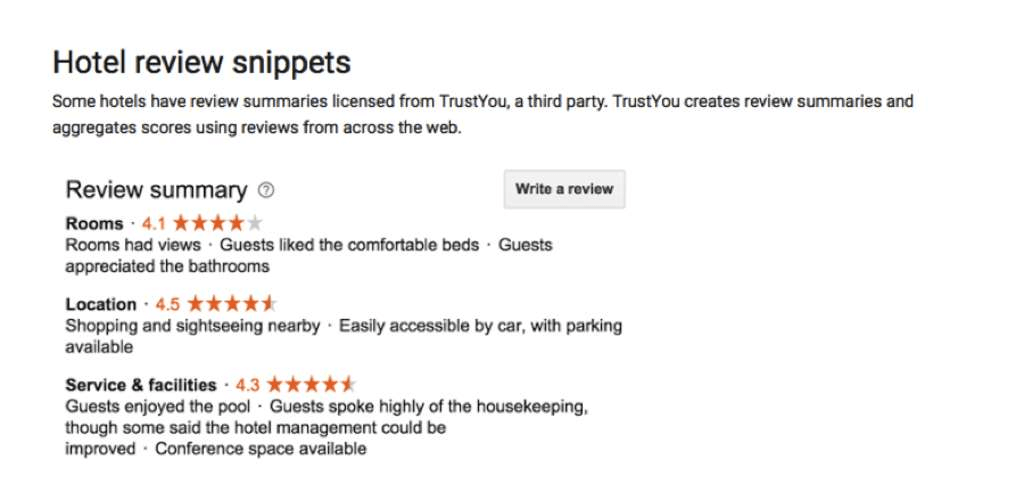
Streamlining the booking process
Simplify the booking form with clear steps and minimal required fields: The key is to break down the booking process into clear and concise steps and only ask for the essential information.
- Select the dates and number of guests.
- Choose your room type: It should include your hotel’s different room types.
- Enter your contact information. It is where potential guests will enter their contact information, such as their name, email address, and phone number. This information is essential for you to have in case you need to contact them about their booking.
- Enter the payment information: Such as their credit card number and expiration date.
- Review the booking and confirm. This is the final step in the booking process, and it is vital to ensure that potential guests have reviewed their bookings before they establish.
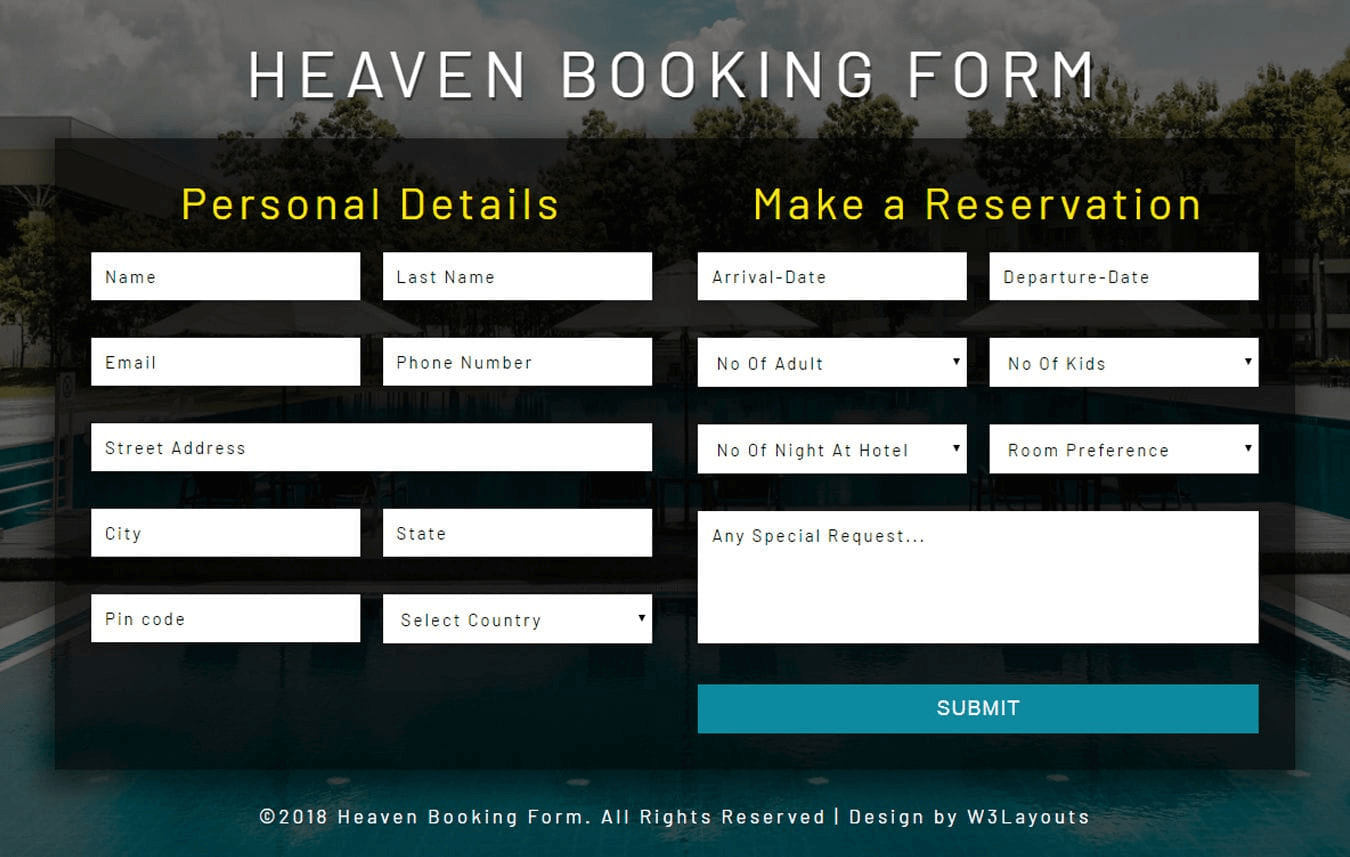
Some additional tips for streamlining the booking process:
- Use clear and concise language throughout the booking process.
- Use visual cues to help guide potential guests through the process.
- Make sure that the booking process is mobile-friendly.
- Test the booking process regularly to make sure that it is working correctly.
Offer a guest account option to save time for returning customers: Customers can quickly create an account on the hotel’s website to keep their personal and payment information for future bookings. Returning customers can then log in to their accounts and access their protected information, making the booking process faster and more efficient.
Practical Tips to Reduce Booking Abandonment
Acknowledging that booking abandonment is a common issue in the travel industry is crucial, as it can result in lost revenue for hotels. However, there are practical tips that hotels can use to decrease booking abandonment and increase their conversion rates.
Offer incentives to complete bookings
Provide limited-time discounts or exclusive perks for direct bookings: Limited-time deals with prices more competitive can effectively reduce hotel booking abandonment by creating a sense of urgency and encouraging customers to complete their booking.
By offering a limited room rate discount, hotels can incentivize customers to book quickly before the offer expires. This can help increase conversion rates and reduce the number of abandoned bookings.
Unlock exclusive perks and book your dream getaway now with TravelerWP’s WordPress hotel booking engine! Enjoy irresistible incentives and seamless booking
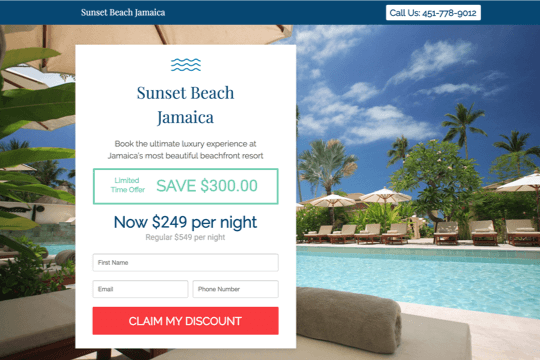
Implement remarketing campaigns to remind abandoned bookings: Hotels can boost their bookings by launching campaigns that target customers who have initiated the booking process but still need to complete it.
These campaigns can include sending personalized emails or displaying ads that remind customers of the advantages of completing their reservations and offer them incentives. By doing this, hotels can motivate customers to revisit their website and finalize their bookings.
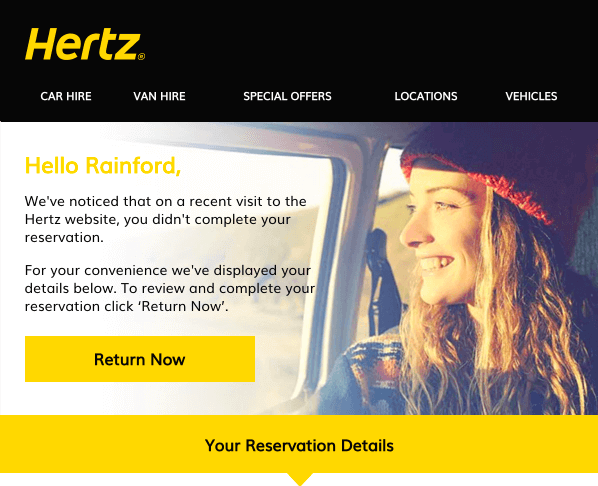
Provide live chat or customer support
Real-time assistance can support customers during the booking process by addressing various concerns and answering questions.
Some common concerns customers may have during the booking process include questions about room availability, rates, and amenities and concerns about payment options, cancellation policies, and additional fees.

Besides that, By proactively engaging with users, hotels can provide customers with the support and guidance they need to complete their booking. This can help reduce confusion and uncertainty, making it easier for customers to complete their reservations.
Providing this level of support can help 100% reduce the likelihood of booking abandonment.
Conclusion
Booking a hotel is a crucial part of the travel industry. Minimizing booking abandonment can enhance conversion rates and generate more revenue. Hotels must implement these strategies and continuously improve their booking processes.
